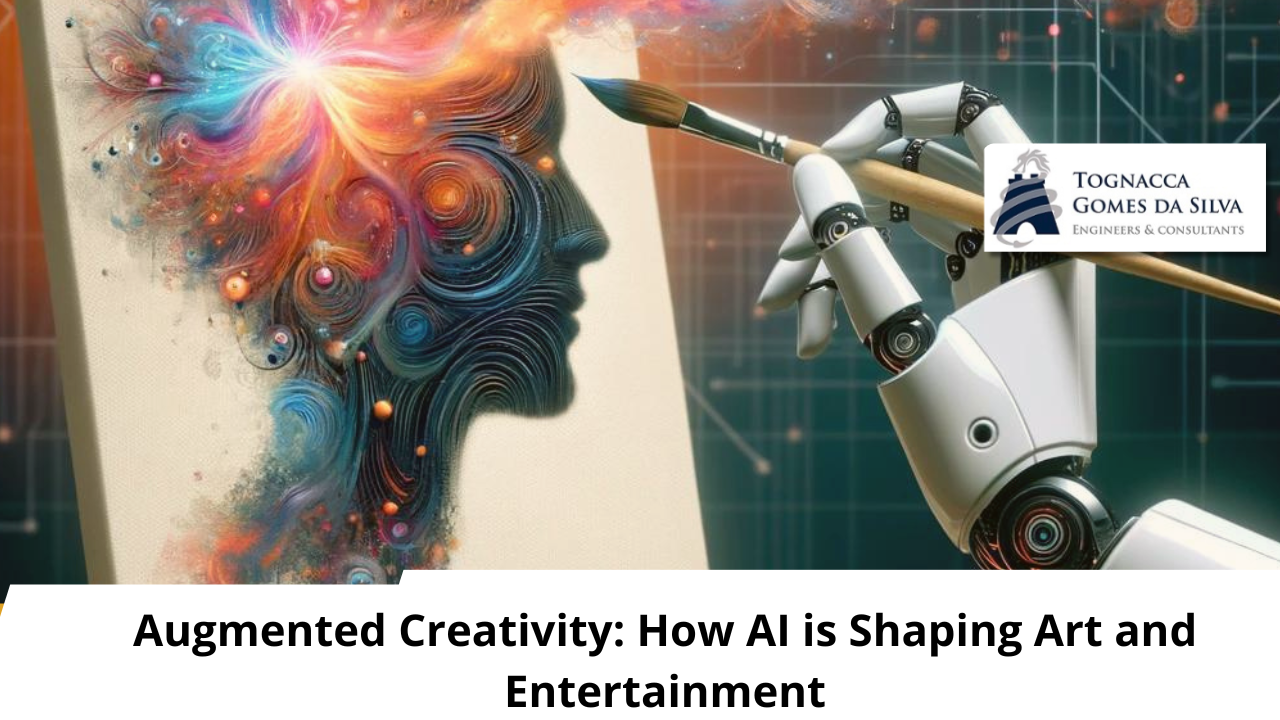Artificial intelligence is transforming art and entertainment, opening new horizons of creativity and collaboration The integration of artificial intelligence (AI) into art and entertainment is a quiet revolution that is reshaping our understanding of creativity. In this sense, this post explores the multifaceted influences of AI, from musical composition to film production, highlighting how this technology not only automates processes, but also collaborates with creators, expanding the spectrum of innovation and artistic expression.
AI in art: a new era of creation
AI is redefining the boundaries of art, enabling the creation of never-before-seen works by analyzing vast data sets and learning aesthetic patterns. Thus, artists and technologists are collaborating, using algorithms to generate visual art, music, and even literature, resulting in pieces that reflect a symbiosis between human creativity and computational capacity.
Entertainment reinvented by AI
At the heart of Hollywood, AI opens the way for innovations in storytelling and film production. Tools like Sora are being adopted to transform scripts into visual prototypes, making it easier to visualize scenes before filming. In this sense, this collaboration between AI and filmmakers is paving the way for a new era in cinema, where efficiency and creativity coexist.
Ethical challenges and copyright
While AI in art and entertainment promises a future of limitless possibilities, it also raises important ethical questions. Copyright protection and originality become central concerns in the era of generative creation. Regulation and copyright discussions are ongoing to ensure that AI is used in a way that respects human creators and their intellectual property.
A new paradigm
AI in art and entertainment is establishing a new paradigm of creation and collaboration. On the one hand, it offers tools that expand creative capacity; on the other, it challenges our perception of authorship and originality. As we explore these new frontiers, the need for balance between technological innovation and creative rights becomes increasingly evident.
( source: bruna oliveira/ digital agro)



